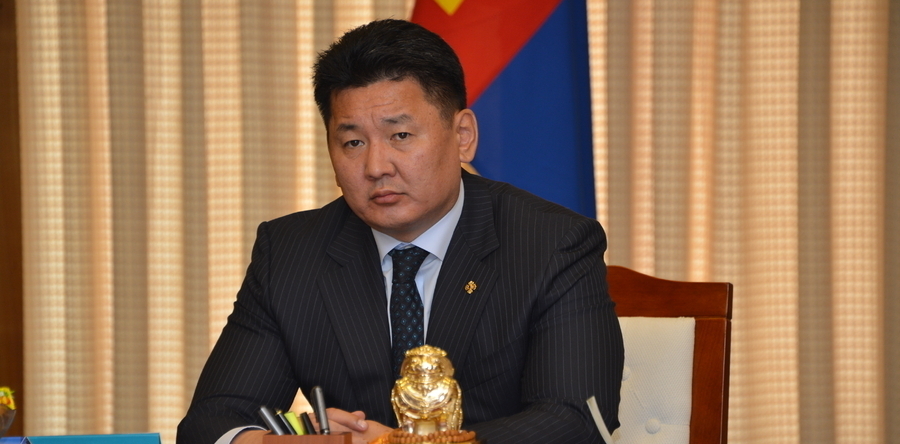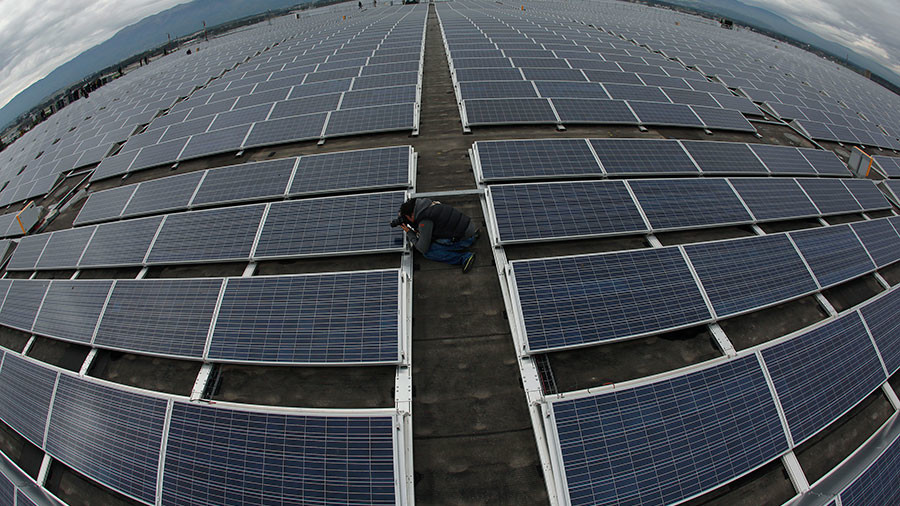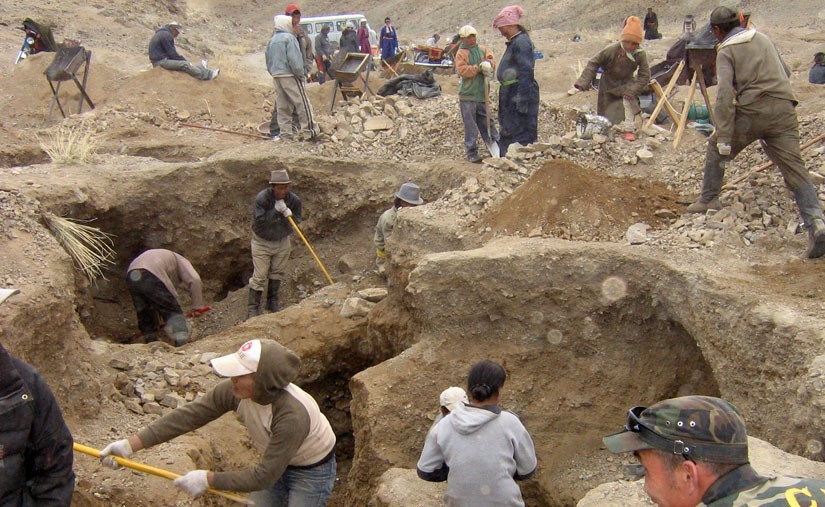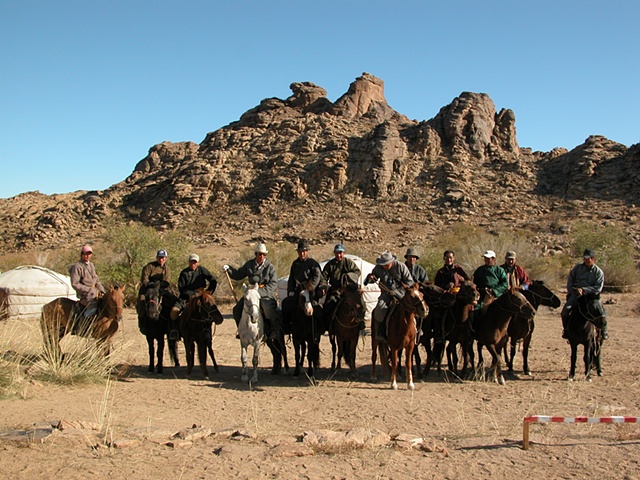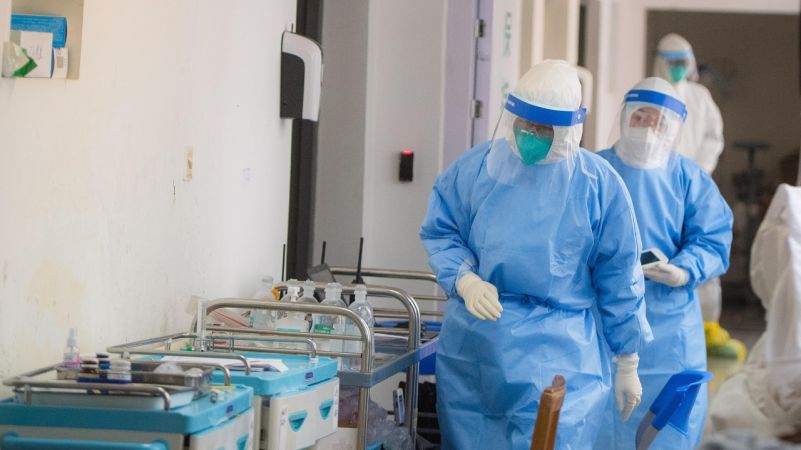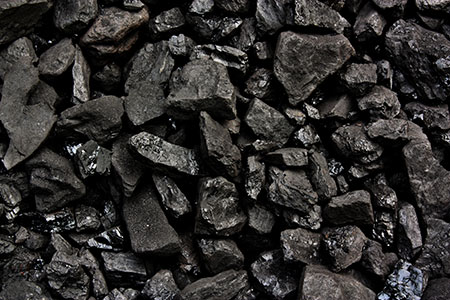Although the moment was fleeting, it puts an exclamation point on the extreme optimism around clean energy and deep pessimism about the future of fossil fuels.
"Investor sentiment on clean tech stocks is the best it has ever been," Pavel Molchanov, energy analyst at Raymond James, told CNN Business in an email.
But the fact that NextEra is even close to Exxon in market value is also stunning because it generates much less revenue. Exxon raked in $265 billion in revenue last year, compared with just $19.2 billion for NextEra.
While Exxon is the poster child of the fossil fuels industry, little-known NextEra has become a proxy for bets on renewable energy. The Florida-based company calls itself the world's largest utility and the biggest generator of wind and solar energy.
Exxon has lost $300 billion in market value
Exxon and NextEra are two companies moving in the opposite direction.
NextEra's share price is up 19% on the year and is trading near record highs. The clean energy company recently boosted its financial targets for 2021 and 2022. And Wall Street is betting NextEra could be a beneficiary of a Democratic sweep in November that ushers in a $2 trillion climate spending plan.
NextEra, which owns Florida Power & Light Co., may even be on the prowl for a blockbuster acquisition. Last week, The Wall Street Journal reported the company approached Charlotte-based Duke Energy (DUK) about a takeover. Although Duke Energy, valued at $67 billion, rebuffed the approach, NextEra is still interested in doing a deal, the paper reported.
On the other hand, Exxon is a shell of its former self.
The oil and gas company has lost a stunning $304 billion in market value since peaking at $446 billion in mid-2014. Hurt by strategic blunders and weak oil prices, Exxon is losing money for the first time in decades. And the company's coveted dividend, which it's raised for 37 consecutive years, is at risk of getting cut.
In August, Exxon was kicked out of the Dow Jones Industrial Average, the exclusive 30-stock index it was a member of for 92 years. Exxon has lost more than half of its value this year alone.
"This is an oil crash of unprecedented intensity," Molchanov said.
Clean energy stocks are booming
Exxon is hardly the only oil company under pressure. The Energy Select Sector SPDR Fund (XLE) is down by a staggering 50% this year. Top holdings include Exxon, Chevron (CVX) and Schlumberger (SLB).
Fossil fuel companies, Exxon included, have been penalized by the growing clout of socially-conscious investing and heightened awareness about the climate crisis. Many investors, including younger ones, would prefer to bet on clean energy companies than ones as viewed as part of the problem.
By contrast, clean energy stocks are on fire. The Invesco WilderHill Clean Energy ETF (PBW) has spiked 90% so far this year. Top holdings include Vivint Solar (VSLR), SunRun (RUN), SunPower (SPWR) and Bloom Energy (BE). Another member is Tesla (TSLA), the electric car maker whose market value surpassed Toyota (TM) earlier this year to become the world's largest auto maker, even though it makes far fewer vehicles.
To be fair, NextEra and Exxon are not exactly peers. Exxon is in the business of drilling and refining oil and natural gas, whereas NextEra is in the sleepy electric utility business, where revenues and margins are typically stable.
"The economics of oil production, needless to say, are the polar opposite of stability," Molchanov wrote. "In the context of Covid, in particular, utilities have felt very little impact from lockdowns and the recession."
What a Biden win would mean for clean energy
Still, the fact that Exxon's market valuation is close to that of any utilities, let alone the leading clean energy utility, is telling.
"This does, in our view, underline the multi-year shift from traditional towards renewable energy, one that will continue in the decades ahead," UBS strategists wrote in the report.
The push by investors into clean energy stocks comes as national polls and prediction markets show that Joe Biden, the Democratic presidential nominee, is the favorite to win next month's election.
Biden has proposed $2 trillion in climate spending -- an ambitious agenda that, if approved by Congress, could tilt the scales further in favor of clean energy.
UBS said that a "blue wave," meaning Democrats take control of both the White House and the US Senate, is the "most likely outcome of the election" and noted that a Biden administration would likely extend US solar tax credits and perhaps even ease tariffs on Chinese solar panels.
"We recommend investors take note of the shifts toward the 'new economy,' one that is more sustainable," UBS wrote.



